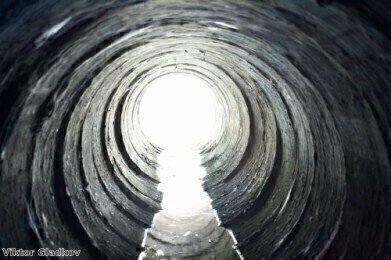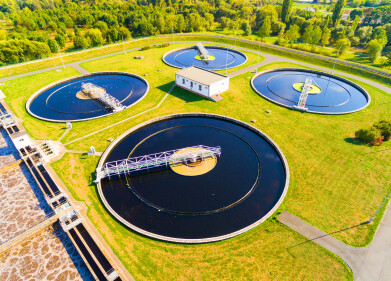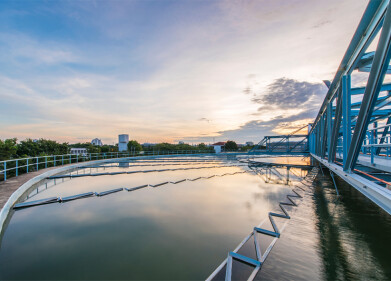Water/Wastewater
Do Welsh Rivers Have a Sewage Problem?
Apr 28 2022
Recently, we published a report on the story of David Deveney, the search-and-rescue volunteer from Gloucestershire who made national news after contracting a parasite from sewage in the Welsh stretch of the River Severn. In the last few weeks, Mr. Deveney’s harrowing tale has prompted somewhat of a public reckoning in Wales, as citizens struggle to comprehend the sheer scale of the region’s sewage problem.
Thankfully, sewage works operating in Wales release yearly reports of sewage spills – or, to use the lingo, combined sewer overflows. Looking over these figures, the situation can appear pretty dire, but there are, surprisingly, a few up-sides. First, though, let’s take a look at the numbers.
Water Under the Bridge?
An oddity in Britain’s water industry, Welsh Water gave its shareholders the boot in 2001 and remodelled itself as a not-for-profit company. (Interestingly, since this change of heart over two decades ago, Welsh Water has generated a surplus of £450 million, which it has either invested in infrastructure or used as a means to reduce customers’ water bills.) In 2019, the non-profit began monitoring its water-treatment works and sewer overflows across Wales.
In 2021, across 2,000 sites owned by Welsh Water, 95,000 CSOs were registered, with spills lasting for a total of 791,000 hours, or 32,958 days. (If the last part of that figure reads as peculiar, it’s only because those hours and days refer to specific sites, with each hour at one site being recorded separately to each hour at another site, resulting in an impossible-sounding total.) The sewage works at St. Nicholas in Pembrokeshire led the pack, with 366 spills over 6,662 hours, or 277 days. When it comes to the impact of Welsh Water’s sites on specific waterways, 1,678 CSOs (around 1.7% of all spills) flowed into the River Wye and its tributaries in 2021 for 10,315 hours, or 429 days.
These figures remain fairly high, of course, but Welsh Water are hoping that, soon enough, it will all be water under the bridge as the non-profit moves to clean up its act over the coming years – and this is not empty bluster. Indeed, in 2021, the number of spills was down by about 11% from 2020, which saw 106,094 CSOs over 872,976 hours, or 36,374 days. In any case, Welsh Water are convinced that spills only have “a limited impact” on rivers and that CSOs are, in any case, “highly monitored.” Other means, say representatives for the non-profit, should be considered to clean up Welsh rivers – like, for instance, high-resolution monitoring.
But Afonydd Cymru, the agency over-seeing Welsh river trusts, is a little more critical, asserting that CSOs are occurring “far too frequently and are not operating during exceptional rainfall only.” On the topic, Gail Davies-Walsh, Chief Executive of Afonydd Cymru, was clear: “We need to see action, and quickly, if the situation is to improve.”
Digital Edition
IET 34.2 March 2024
April 2024
Gas Detection - Biogas batch fermentation system for laboratory use with automatic gas analysis in real time Water/Wastewater - Upcycling sensors for sustainable nature management - Prist...
View all digital editions
Events
Apr 30 2024 Melbourne, Australia
Apr 30 2024 Birmingham, UK
May 03 2024 Seoul, South Korea
May 05 2024 Seville, Spain
May 06 2024 Minneapolis, MN, USA


















